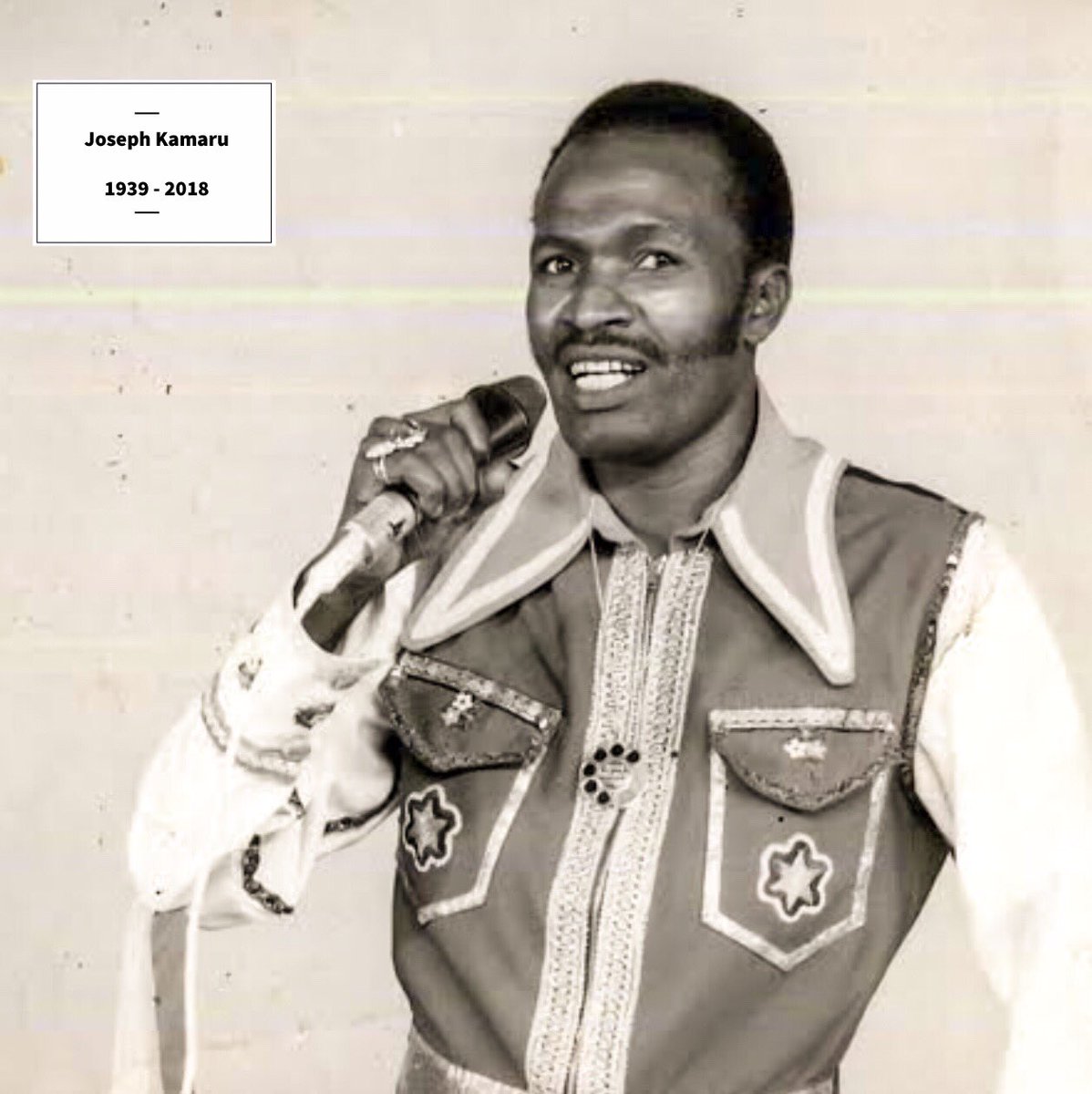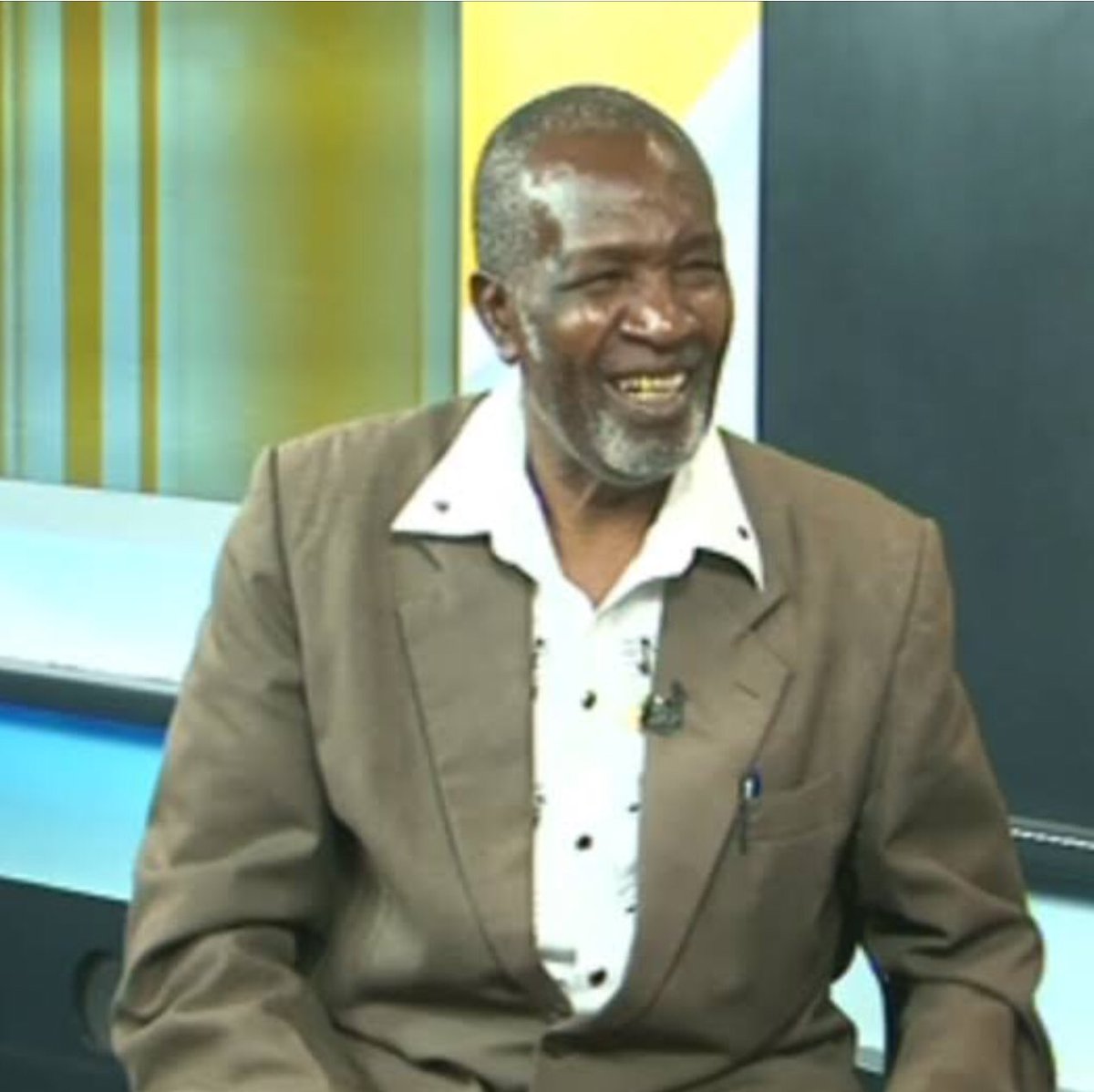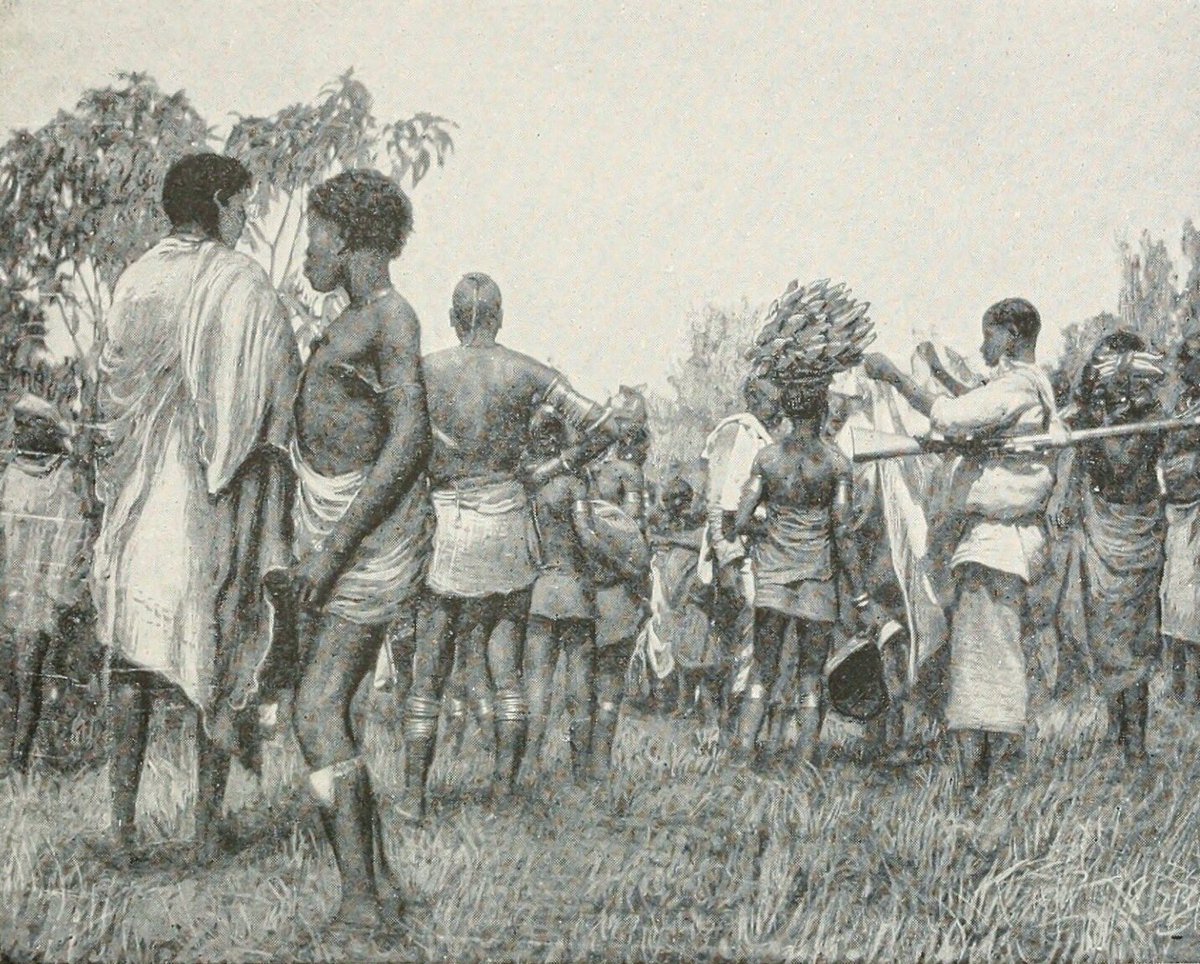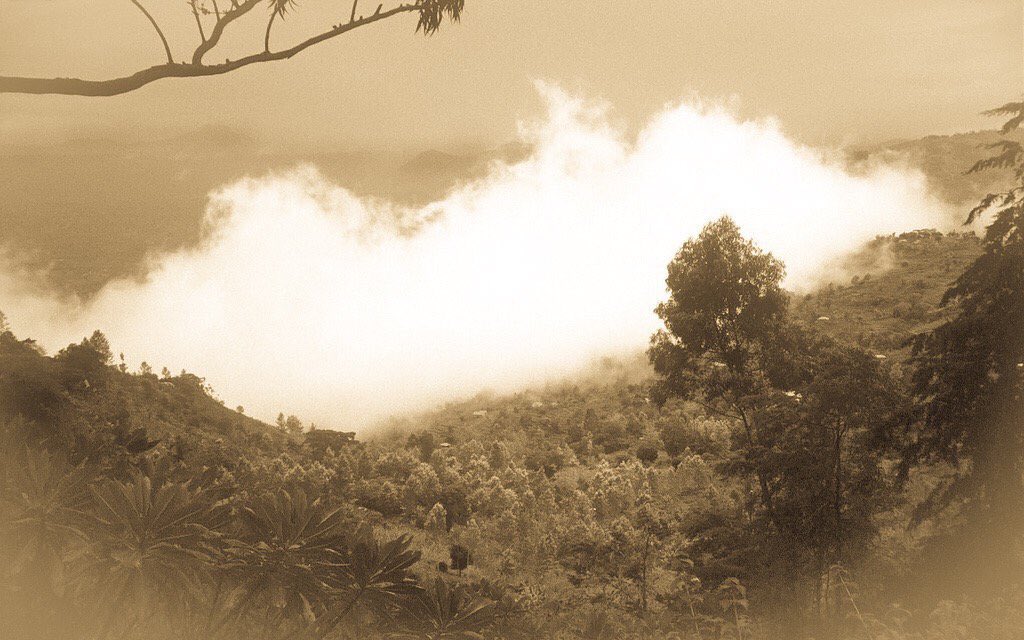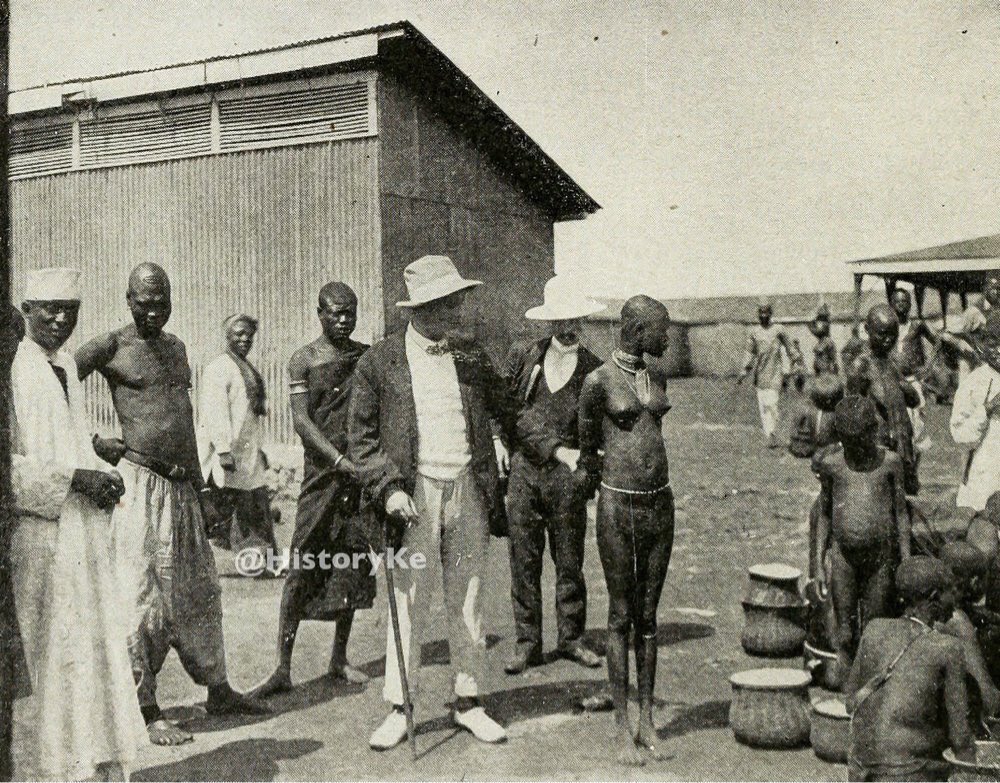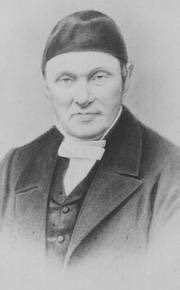1/9 #HistoryKeThread: One of the ways in which the so-called "professor of Politics", Retired President Moi, executed survival politics was in his creative knack for appeasing various communities. 
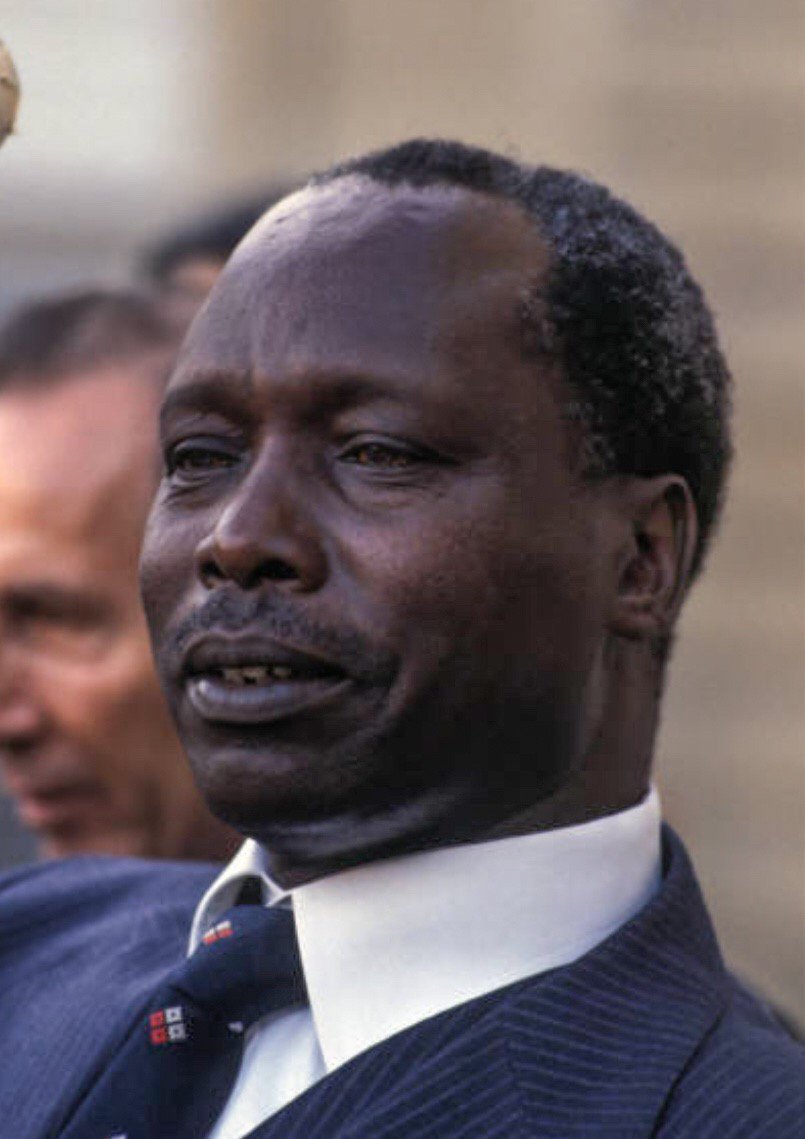
2/9 At the dawn of pluralism in the early 90s, he went about dishing out districts as political gifts.
3/9 This table shows the administrative districts in Kenya before 1992, versus those that existed at the end of Moi's presidency. 
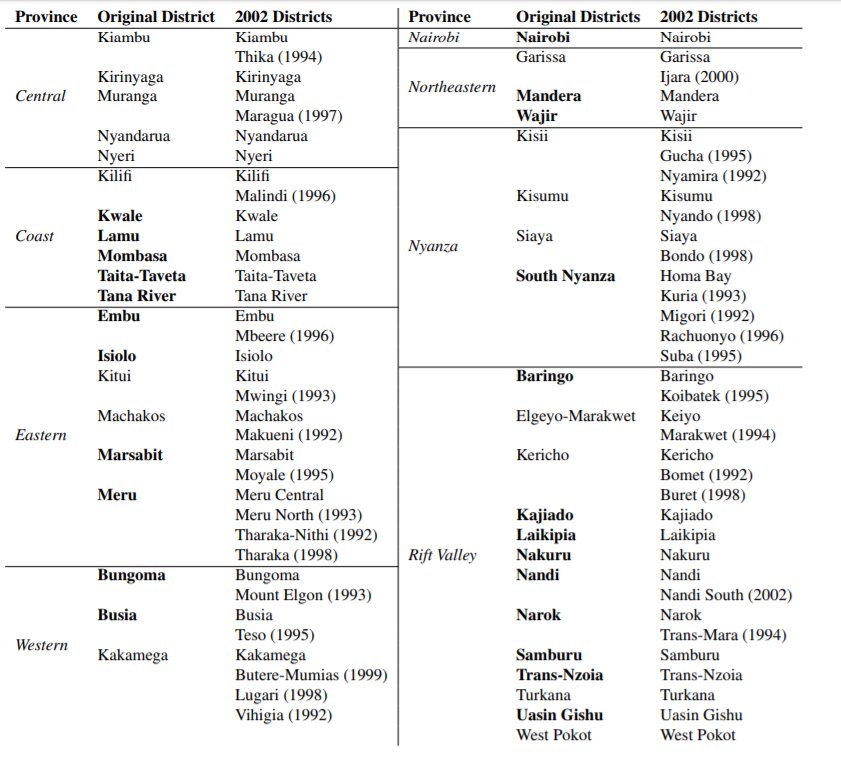
4/9 For example, in 1989, Meru was the fourth most populous district within Kenya. According to government statistics of that year, the Meru were Kenya’s 7th largest ethnic community, comprising a little under 1.1 million of the country’s 21 million population.
5/9 Ahead of the 1992 general elections, President Daniel Toroitich arap Moi moved in to exploit the community's varied sub-groups for political expediency. Just like that, Moi ordered for Tharaka district be carved out of greater Meru.
6/9 In fact, Meru was split into Meru North, Meru Central, Meru South and Tharaka, which Moi knew would be a "swing battleground" during the elections.
7/9 Pitted against Moi in 1992 were Kenneth Matiba, Oginga Odinga, Mwai Kibaki, among other lesser known candidates. KANU knew that that the more dominant Imenti sub-group would swing with Mwai Kibaki from neighboring Nyeri district. 
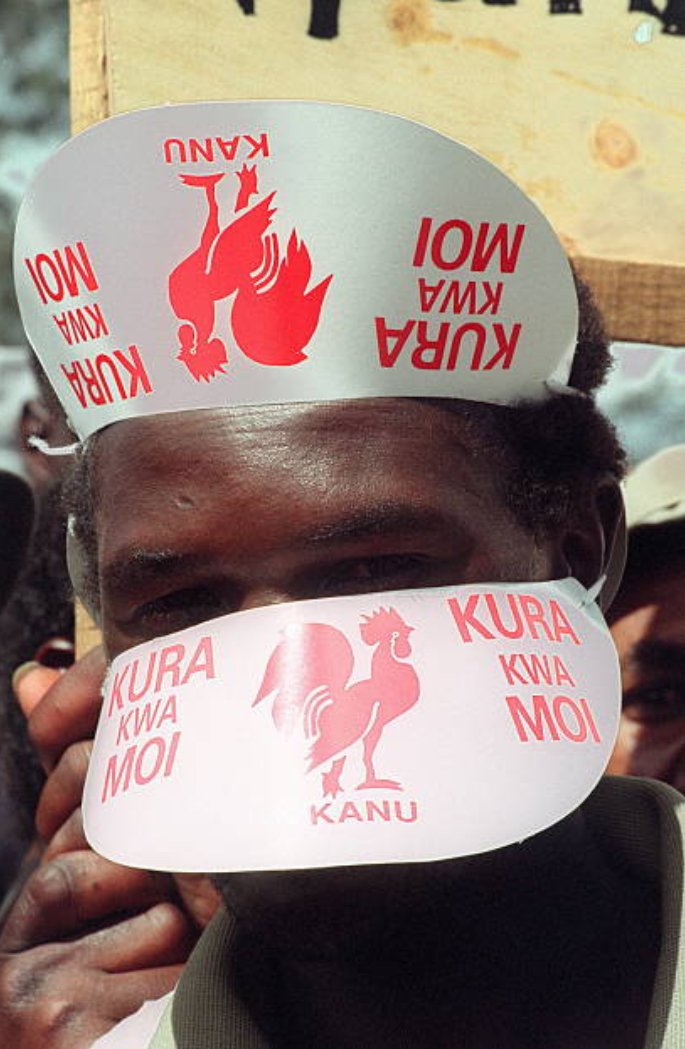
8/9 But they also believed that the Tharaka would vote KANU and Moi. And that is what happened, really. Francis Kagwima was elected the first ever MP for Tharaka.
• • •
Missing some Tweet in this thread? You can try to
force a refresh



